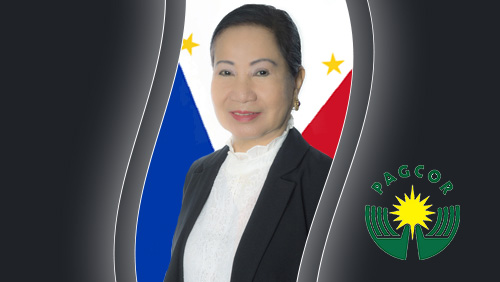There’s no denying that the Philippines’ thriving gambling industry has seen a lot of changes in the last couple of months.
The local gambling industry has flourished in the past decade, especially the casino sector, which investment bank Credit Suisse forecasts to generate gaming revenue of $6 billion by 2018—making the country one of the top four players in the world. The growth can be partly credited to President Benigno Aquino III’s administration that has worked hard to support the casino industry, which it regards as critical to the economy.
 2016 saw the country elect a new president, and it’s someone who’s not from Aquino’s party. Before he won—by a landslide, no less—Rodrigo Duterte got a thumbs down from industry executives because he tends to flip-flop on issues related to gambling.
2016 saw the country elect a new president, and it’s someone who’s not from Aquino’s party. Before he won—by a landslide, no less—Rodrigo Duterte got a thumbs down from industry executives because he tends to flip-flop on issues related to gambling.
True to Duterte’s campaign promise, change did happen across all sectors. The gambling industry saw a purge following the new president’s “online gambling must stop” missive, while state regulator Philippine Amusement and Gaming Corporation (PAGCOR) started looking into the activities of the special freeport zones that license Asian-facing online gambling companies.
Since then, the regulator has issued 35 licenses under its Philippine Offshore Gambling Operator (POGO) program as part of its mandate to “operate, authorize and license games of chance, games of cards and games of numbers” in the country.
Now, PAGCOR is in the process of transitioning from its dual role as both regulator and operator of land-based casinos to a purely regulatory function. Its 11 casinos, which operate under the Casino Filipino brand, as well as its eight VIP slot machine clubs and three slots arcades, are expected to be fully privatized by Q3 2017.
What is on the horizon for gambling in the Philippines?
Next week, PAGCOR chair Andrea Domingo will take the stage at the inaugural ASEAN Gaming Summit to discuss the future of land-based electronic gaming and online regulation in the country.
Aside from Domingo, 40 speakers from land-based gaming and 32 speakers from online gambling will talk about the successes and challenges that operators in the Southeast Asian region are facing today.